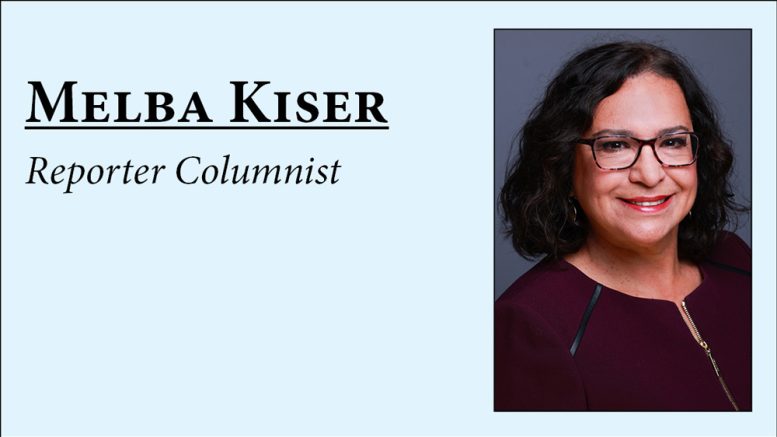During the Dec. 17 Noblesville school board meeting, staff made presentations on both the updated English Language Arts and the Multi-Lingual/English Language programs at Noblesville Schools.
For the ELA program, the ELA committee members identified trends such as science or reading, intervention for struggling readers, and direct instruction in word recognition across all grade levels. Some of the practices included practicing fluency reading, writing, and reading together, as well as pairing multi-lingual students with monolingual students. They spoke to a recommendation to have teachers receive ongoing professional learning to work with all learners.
The rollout of the revised program will start with a snapshot of the strengths of the current program and identify areas for improvement. The next two years will involve revisions to the existing curriculum followed by monitoring and implementation of recommendations.
Included in the curriculum will be classical novels so that there is a balance and blend of texts that are important to the student’s understanding of the humanities and the community. In the middle school and high school level, they have included Shakespeare, traditional British literature and American literature, and a balance of contemporary literature.
Dr. Shelley Bethel gave a presentation of Multilingual Education. There are currently 23 educators serving students speaking more than 55 languages. ML student enrollment continues to grow having almost doubled since the 2018-2019 school year. Currently, there are 692 students enrolled. This growth poses a challenge for the program with almost double the number of students who score below proficiency (level 1) in the English language since the 2020-2021 school year.
The stated goal is to “provide ML support so that students meet + exceed their full potential.” There are new initiatives to support the multi-lingual students two of which are technology-based such as pocket talk translators and translation support through a platform called Magic School.
While I believe and support all of the recommendations and practices that are being implemented in the ELA and ML programs, I believe that more out-of-the-box thinking is needed. As a multi-lingual speaker who arrived in this country knowing only a handful of words in English, I know firsthand how difficult it is to become proficient in the English language. For students, that process can take several years encompassing a large part of their school years.
Recognizing that fact is especially important given the two new bills that impact education, SB1 and SB6, that were passed into law during the 2024 legislative session. Those bills added summer school offerings and the ability to hold back a student if they do not demonstrate proficiency in English. Given the large number of students in our schools who are enrolled in multi-lingual education programs, it is difficult to believe that educators and school staff alone will be able to supply all the additional support those students need to become proficient.
In both the ELA and ML/EL presentations there was talk of a collaborative community approach. The community extends beyond the school environment. Those students and their families have to be able to communicate in and out of the school environment, in other words, in the community. Why not include the community in supporting the multi-lingual students and their families by opening up the programs to include volunteers, such as retired teachers or multi-lingual speakers, who can assist in a small group environment for the enrichment of the programs as a whole?
Melba Kiser is an outspoken advocate for financial responsibility and transparency in government at all levels. Her column appears at least once each month in The Hamilton County Reporter Newspaper.

